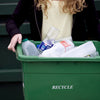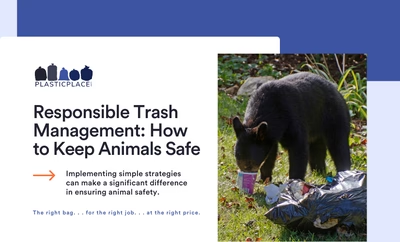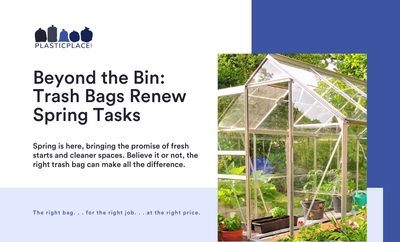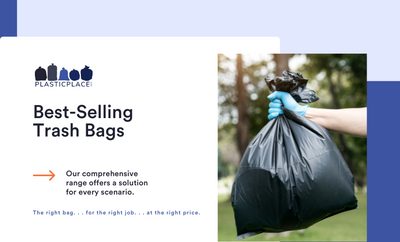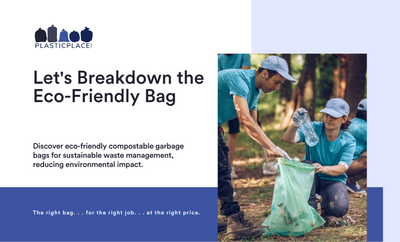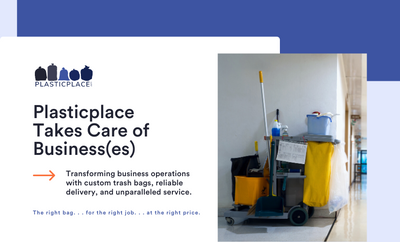We’re living in the most environmentally conscious time period in human history. We all know about the challenges facing the earth: we’ve been educated about the three Rs ever since our first Earth Day celebrations back in elementary school. Everyone wants to do their part to keep the planet green and blue and healthy for ourselves and our children. When you work in an industry like ours, that urge to keep the environment safe becomes even more powerful. Simply paying lip service to environmental causes isn’t enough. Studies have shown that plastic bags are actually much easier on the environment than paper: they use less energy in manufacturing and shipping, are responsible for less emissions, and most of all, are infinitely recyclable. We might be famous for our garbage bags, but recycling is what really gets us going. When it comes to recycling plastic bags, you might think you’ve heard it all, but
Your old plastic bags might be in your deck.
Many recycled plastic bags go into eco-friendly composite lumber. The average 500-square foot composite deck from industry leader Trex contains up to 140,000 recycled plastic bags! This is great in lots of ways: not only does the process reuse bags that might otherwise end up in the landfill, the manufacturing process is energy-efficient and easy on the environment, using composite decking reduces the need to harvest trees, and these plastic decks can last much longer than wood decks, cutting down on the use of precious resources.
Your old plastic bags might be powering your car
Experiments conducted by researchers for the University of Illinois have discovered how to turn plastic bags into diesel fuel and other petroleum products. Distilling crude oil only gets you 50 to 55 percent fuel, but distilling fuel from plastic bags yields almost 80%! The fuel the researchers got from the plastic bags complied with national standards for ultra-low-sulfur diesel and biodiesel fuels after the simple addition of an antioxidant. As everyone frets about declining fossil fuel reserves, these findings may have huge significance for our future.
Your old plastic bags might be the future
Researchers from the School of Engineering at the University of Adelaide have come up with a method to turn waste plastic bags into sophisticated high tech nanomaterials. They created “carbon nanotube membranes” which will go on to be used in advanced ways. Innovative solutions for energy harvesting and storage, biomedical development, sensing, and filtration all have a need for these nanomaterials, which are the strongest and stiffest materials discovered so far. They are six times lighter than steel but hundreds of times stronger.
It’s never been more important to be aware of where our plastic is coming from and especially where it is going. The environmental impact of plastic bags that aren’t reused or recycled can be devastating. Research published in the journal Science early this year estimated that 5 to 12m tons of plastics end up in the ocean every year, which is in addition to the 100 to 150m tonnes that are already there. It is eaten by turtles and birds and entangles many sea creatures, and estimates for the number of ocean-dwelling animals killed each year by plastic bags ranges from 100,000 to over a million. The good news is that the combined efforts of scientists, corporations, and ordinary people can make an enormous difference. With everyone working on the issue, plastic bags can become an asset to the environment, rather than a threat to it.
Sources:
http://www.trex.com/why-trex/eco-friendly-decking/ http://news.illinois.edu/news/14/0212bags_oil_BrajendraKumarSharma.html https://www.adelaide.edu.au/news/news65022.html http://www.plasticfilmrecycling.org/ http://www.interplas.com/packaging-earth-friendly-recyclable-plastic-bags http://news.nationalgeographic.com/news/2003/09/0902_030902_plasticbags_2.html http://www.theguardian.com/vital-signs/2015/feb/12/science-plastic-oceans-study-fish-pollution-worse



